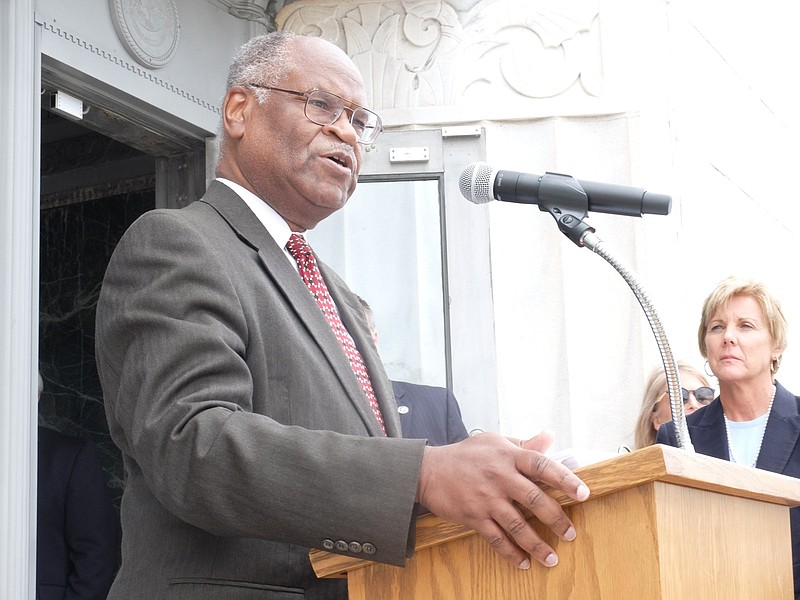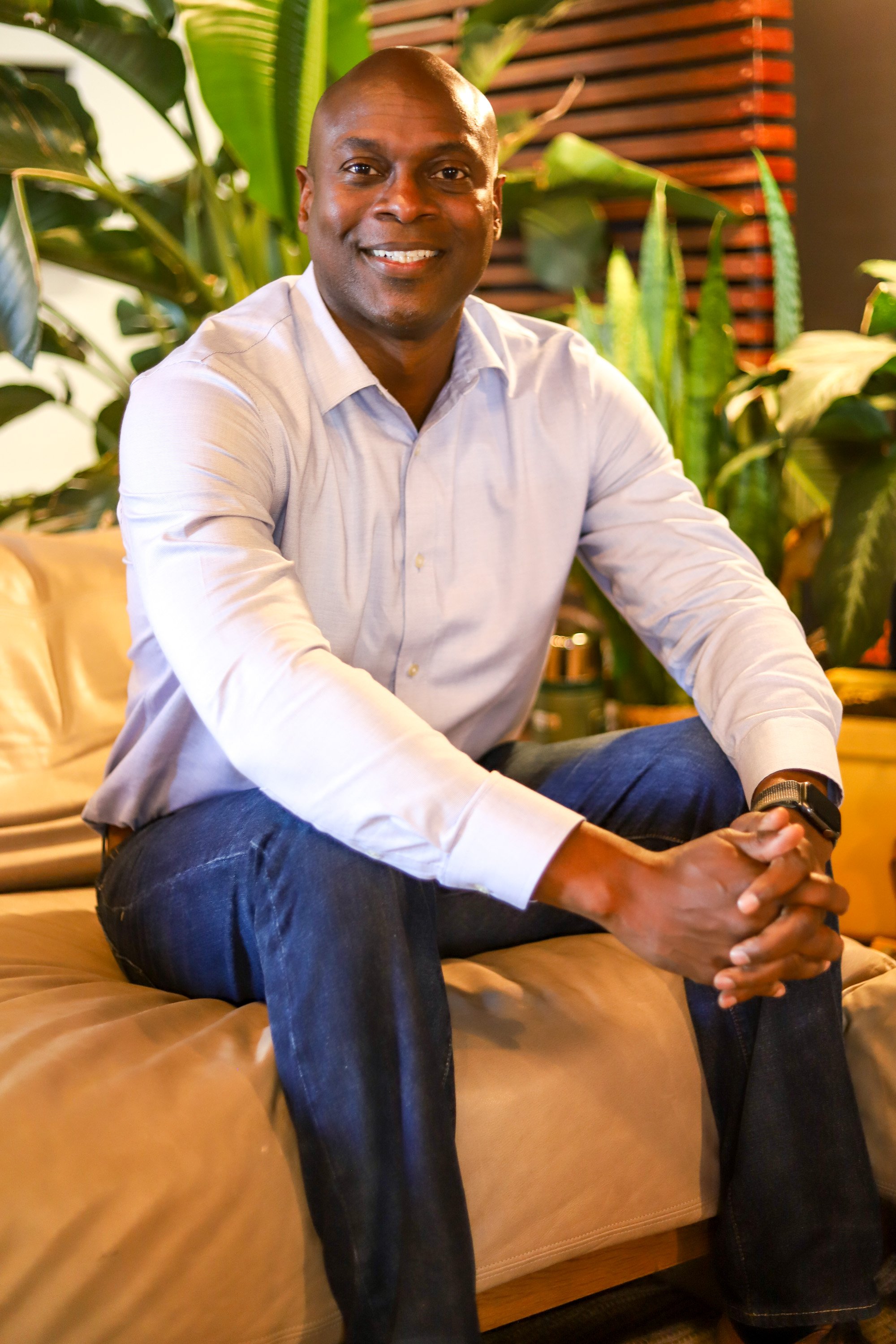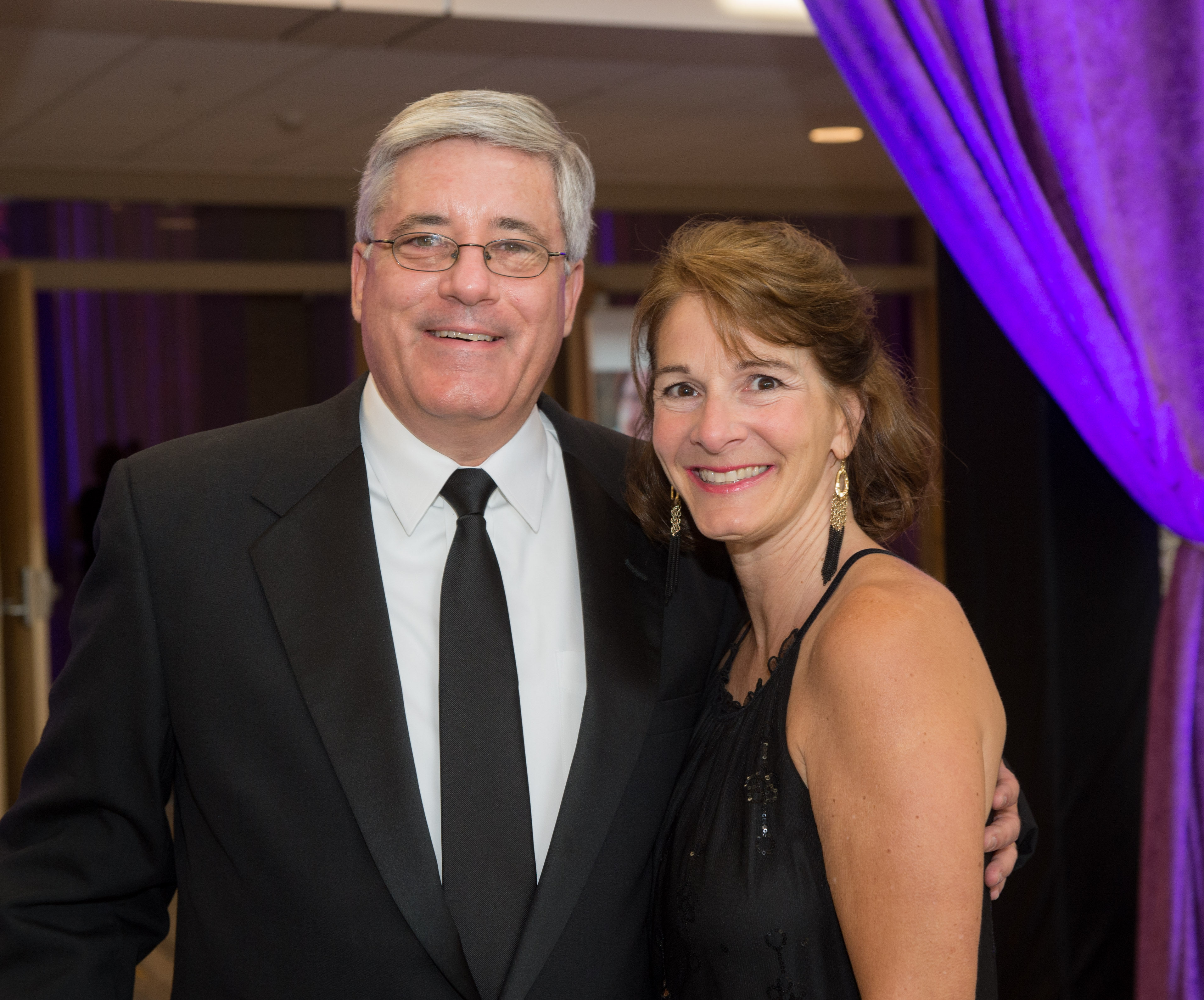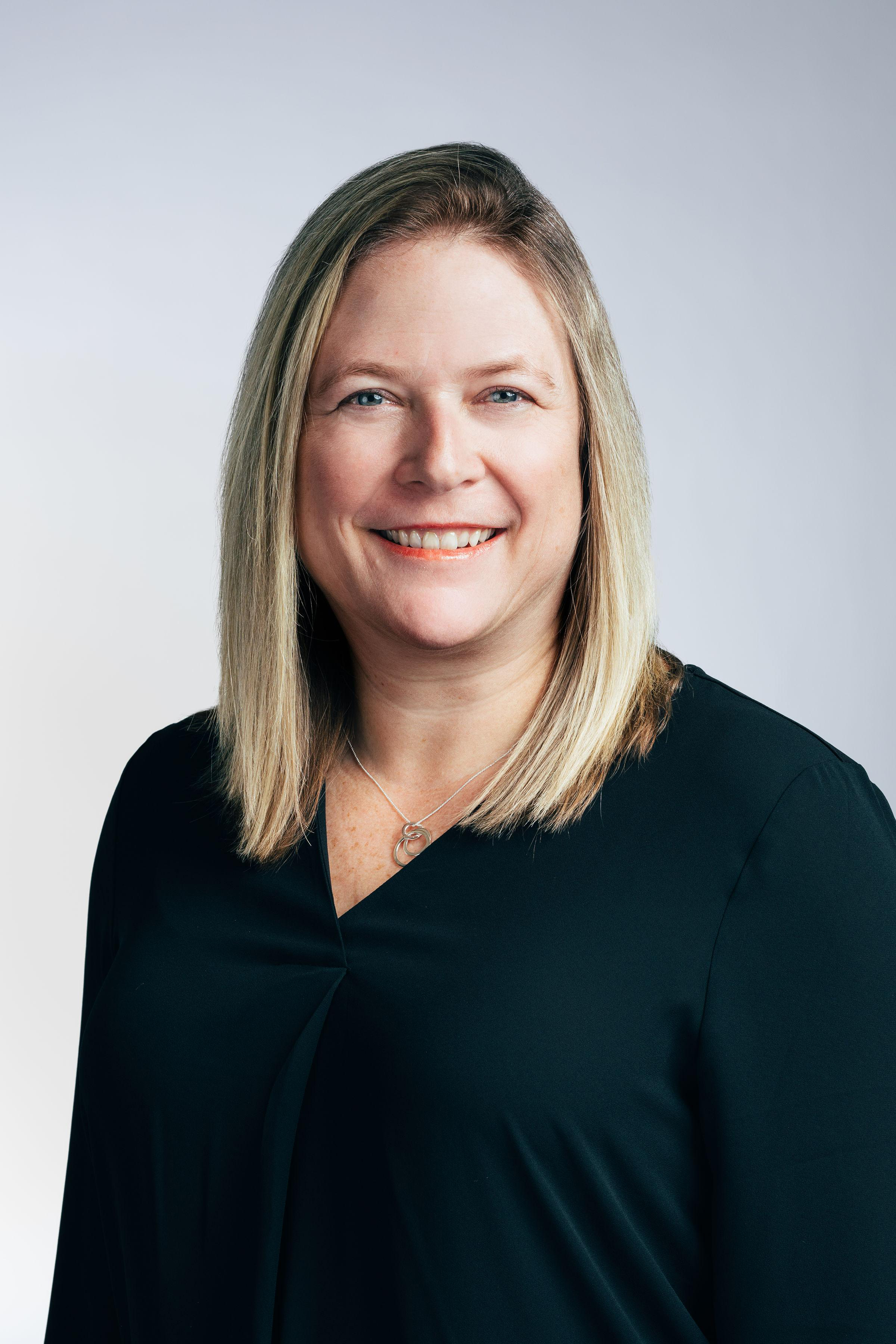From the time he began practicing law, Wade Hinton couldn't help but notice Chattanooga's legal community was not reflective of the community at large.
According to the most recent U.S. Census report, Chattanooga is a city with about 40% people of color and about half are women. But within the legal community, he says, minority representation is much lower -- with Black lawyers comprising only about 2% of all attorneys.
Right now, Hinton says Chattanooga has only three Black partners and one Asian partner at firms with more than 10 attorneys. There are no judges of color in the state or in city courts. And there is one judge of color in the federal courts for this area.
"And these groups are trying to address that issue," says Hinton, who helped found the Chattanooga Legal Diversity Consortium (CLDC) back in 2017.
The CLDC is made up of legal professionals focused on building diversity, equity and inclusion in the city. Each year, a new group of law students from minority backgrounds are invited to participate and experience on-the-job education, mentoring and networking opportunities.
Part of the program includes the Leadership in Law Academy, which dissipated during the pandemic, but will return again this year. The other main part is the Diversity Clerkship Program, which is aimed at attracting rising, second-year law students.
The CLDC reaches out to schools like UTC and the University of Georgia, but also seeks recruits from historically Black colleges and universities from around the country. As part of the Consortium, students split their time during the 10-week summer session -- half the time gaining legal experience in-house or with a court, and the other half with law firms.
"When organizations are trying to address issues around inclusion, there is power in coming together," says Hinton. "But it can't only be diversity. Organizations need to make sure they're creating an inclusive culture.
"It's important for those young attorneys who are from historically underrepresented groups to have a sense of belonging. That's just as important as diversity. If you don't have a longterm inclusive culture, the members of those groups won't stay and there will be turnover."
Cathy Dorvil, a shareholder at Chambliss, Bahner & Stophel, has also been a part of the CLDC since its beginning days. For her, the Consortium is an example of how Chattanooga solves problems and works toward the future.
"It's the entire city coming together toward a shared goal," she says. "Individual law firms aren't seeking for their own benefit -- it's for the benefit of the city."
"I think this is a good example of how Chattanooga operates, in general -- very civic-minded and community-minded. And I don't think there are many other groups like the CLDC out there like that."
Dorvil says the Consortium has had a positive impact on the community over the years. Several visiting students have landed full-time jobs -- two of them working at Chambliss.
"It's a good way of getting them here, letting them see and realize how vibrant the legal community is in Chattanooga, and providing additional opportunities."
Retired Senior U.S. District Judge Curtis Collier has mentored several CLDC students over the years. Under his guidance, he makes sure they're exposed to a variety of courts -- criminal, administrative, bankruptcy, magistrate.
And that's invaluable experience, he says. But another big part of what makes the program successful is that it's not all about work.
"One problem was, when they brought Black students to Chattanooga from outside is that ... they didn't know anyone," says Collier. "So with Consortium, they would have people around them, other like-minded interns, and could do things together, like go to ball games or outings or movies. They can do things together and support each other."
Michael Alston, a managing partner with Husch Blackwell, has also been with the CLDC program since the beginning and called it a "natural marriage" for his firm to participate.
"For our law firm, diversity is one of the pillars of our strategic plans," he says. "Building a diverse body of attorneys strengthens the firm and helps build 'diversity of thought.'" Also, he adds, the firm's clients demand it.
"It shouldn't make any difference what you look like or where you come from," he says. "I want to have the best people here to serve our clients and fill the needs of our clients."
Core participants
* Baker Donelson
* Chambliss Bahner & Stophel
* Husch Blackwell
* Miller & Martin
* Blue Cross Blue Shield of Tennessee
* City of Chattanooga
* EPB
* Unum
* U.S. District Court
READ MORE
* Five notable trials that reverberated throughout the Chattanooga region
* Chattanooga Bar Association supporting the local legal community for 125 years
* Civil rights figures Reena Evers-Everette, Jerry Mitchell to speak in Chattanooga in September



